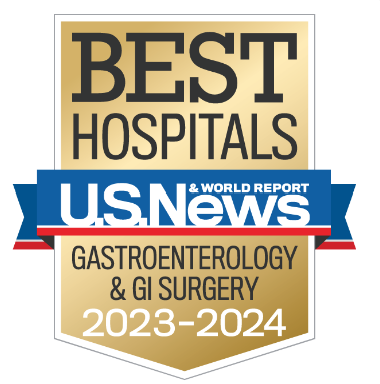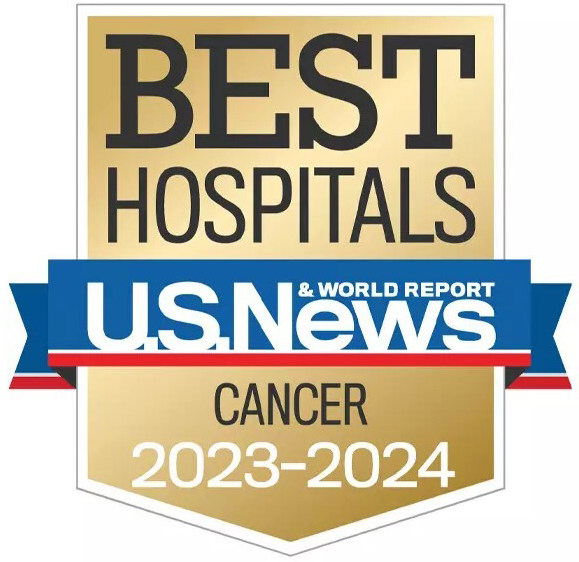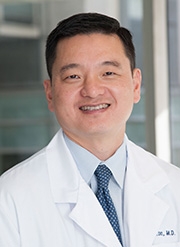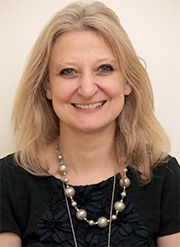Programs & Services | Our Team | About Stomach Cancer | Contact

 Stomach cancer (also called gastric cancer) is a curable disease with effective treatment options. When discovered in its early stages, stomach cancer can be eliminated with complete removal of the tumor alone. Effective treatment of advanced gastric cancer requires a comprehensive strategy to achieve long-term survival and maintain a good quality of life.
Stomach cancer (also called gastric cancer) is a curable disease with effective treatment options. When discovered in its early stages, stomach cancer can be eliminated with complete removal of the tumor alone. Effective treatment of advanced gastric cancer requires a comprehensive strategy to achieve long-term survival and maintain a good quality of life.
Programs & Services
The Gastric Cancer Care Program of NewYork-Presbyterian/Columbia University Irving Medical Center is committed to providing the highest quality of care through early detection initiatives and multidisciplinary collaborative care. Our specialized teams can perform the following diagnostic and treatment services, including robotic surgical options not offered elsewhere:
GI Oncology
- Diagnostic endoscopy, endoscopic ultrasound
- Endoscopic biopsy
- Endoscopic mucosal resection (EMR)
- Endoscopic mucosal dissection (ESD)
Surgical Oncology
- Wedge resection
- Total gastrectomy
- Subtotal gastrectomy (also known as partial gastrectomy)
- Robotic gastrectomy
- Limited lymph node dissection
- Extended lymph node dissection
- Minimally invasive approach
- Prophylactic Total Gastrectomy for Hereditary Diffuse Gastric Cancer
Medical Oncology
- Neoadjuvant chemotherpary
- Perioperative chemotherapy
- Immunotherapy
- Adjuvant chemotherapy
- Hormone receptor therapy
- Clinical Trials
For more information about the Gastric Cancer Care Program or to request an appointment, please contact one of our doctors below.
Our Team
Surgical Oncology
 Sam S. Yoon, MD
Sam S. Yoon, MD
Phone: (212) 305-0273
Dr. Yoon is the Chief of the Division of Surgical Oncology. He was recruited from Memorial Sloan Kettering Cancer Center in 2021 and is an expert in the treatment of patients with gastric and gastroesophageal junction cancers, including the performance of robotic gastric surgery. Dr. Yoon is one of the highest volume stomach cancer surgeons in the US, having performed over 1000 stomach cancer surgeries and over 300 robotic surgeries. For patients with gastric adenocarcinoma, Dr. Yoon’s average number of nodes resected during gastric adenocarcinoma surgery is 40.

Beth A. Schrope, MD, PhD
Phone: (212) 305-9441
Dr. Schrope joined the faculty of the Department of Surgery in July of 2001. She is an expert in minimally invasive surgical techniques for benign and malignant conditions of the stomach, and she is the author of numerous publications in the field of GI surgery.
Medical Oncology
Gulam A. Manji, MD, PhD
Ryan H. Moy, MD
Radiation Oncology
Interventional Gastroenterology
David S. Lee, MD
Amrita Sethi, MD
Gastroenterology ‒ Genetics
Fay Kastrinos, MD
Elana Levinson, MS, MPH
Nutrition
Palliative Care
Craig D. Blinderman, MD, MA
Shunichi Nakagawa, MD
Basic Science Research
Adam J Bass, MD
Timothy C. Wang, MD
Stories & Perspectives
Gastric Cancer: A Concern for Baby Boomers
Generally found after the age of 69, and is more likely to strike men than women
About Stomach Cancer
Cancers of the stomach are called gastric cancers. These cancers form as a result of uncontrolled growth of cells in the stomach. The most common form of gastric cancers are called adenocarcinomas, which come from abnormal cell growth on the inner lining of the stomach wall.
Common treatment options include different types of surgery to remove the tumor (including robotic assistance), chemotherapy, radiation therapy, or a combination.
Contact Us
Division of Surgical Oncology
For appointments at any location, call (212) 305-0273
- Manhattan
Milstein Hospital Building, 7-002
177 Fort Washington Ave
New York, NY 10032
- Westchester
1 Pondfield Road
Bronxville, NY 10708
Clinic hours on the 2nd and 4th Wednesdays of the month
- Hudson Valley
Corlandt Manor, NY 10567
Clinic hours on the 1st and 3rd Wednesdays of the month
Division of GI/Endocrine Surgery
For appointments, call (212) 305-9441
- Manhattan
Herbert Irving Pavilion, Rm 828
161 Fort Washington Ave
New York, NY 10032
- Manhattan
51 West 51st Street, Suite 380
New York NY 10019
For more information about the Gastric Cancer Care Program or to request an appointment, please call one of the offices above.
For international patients, please contact the Global Services office at our partner hospital, NewYork Presbyterian.
